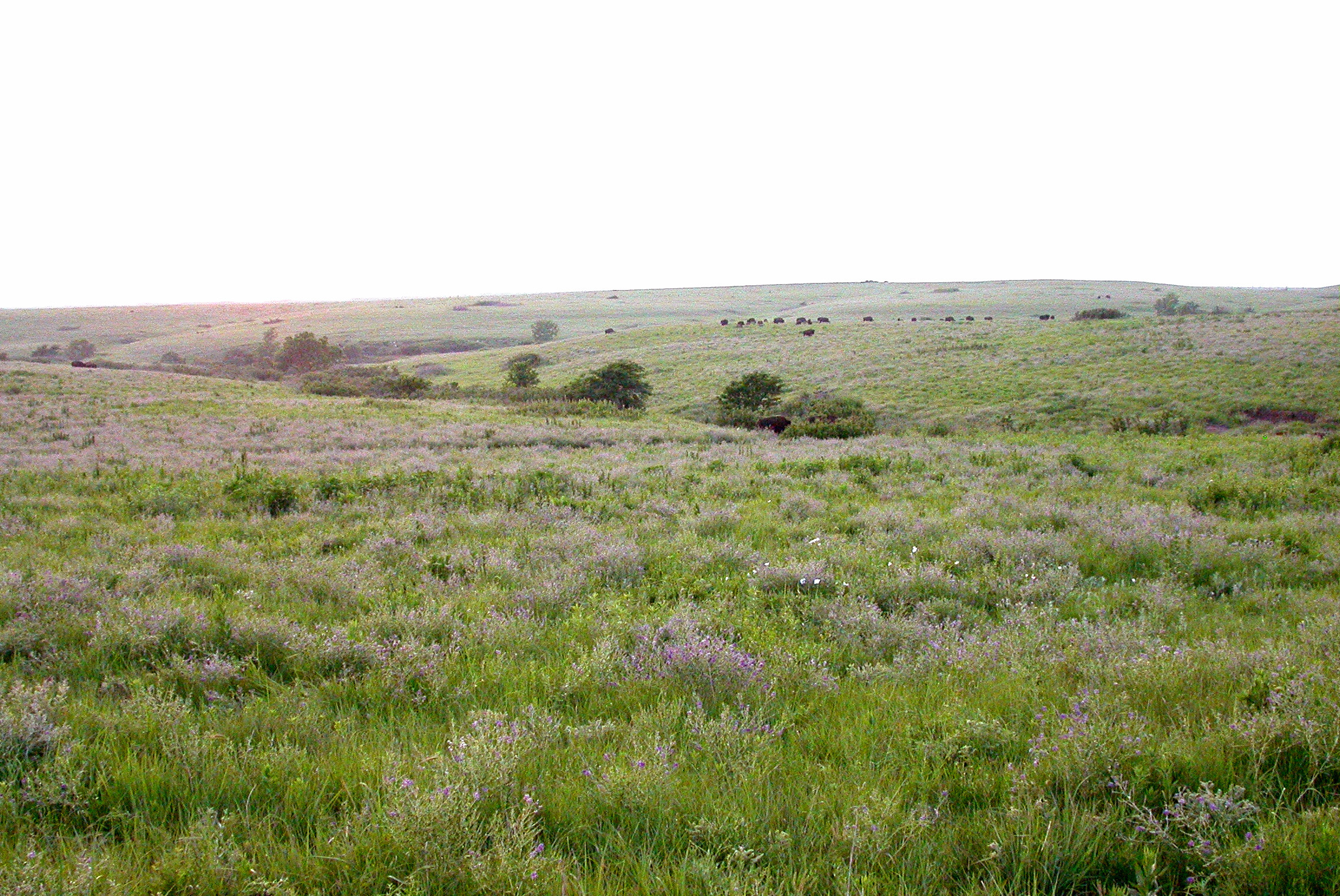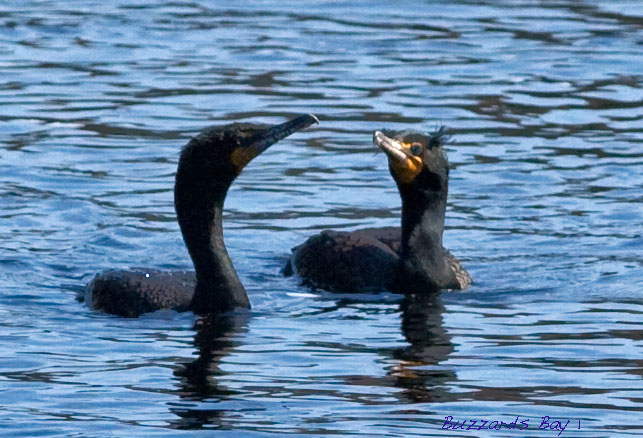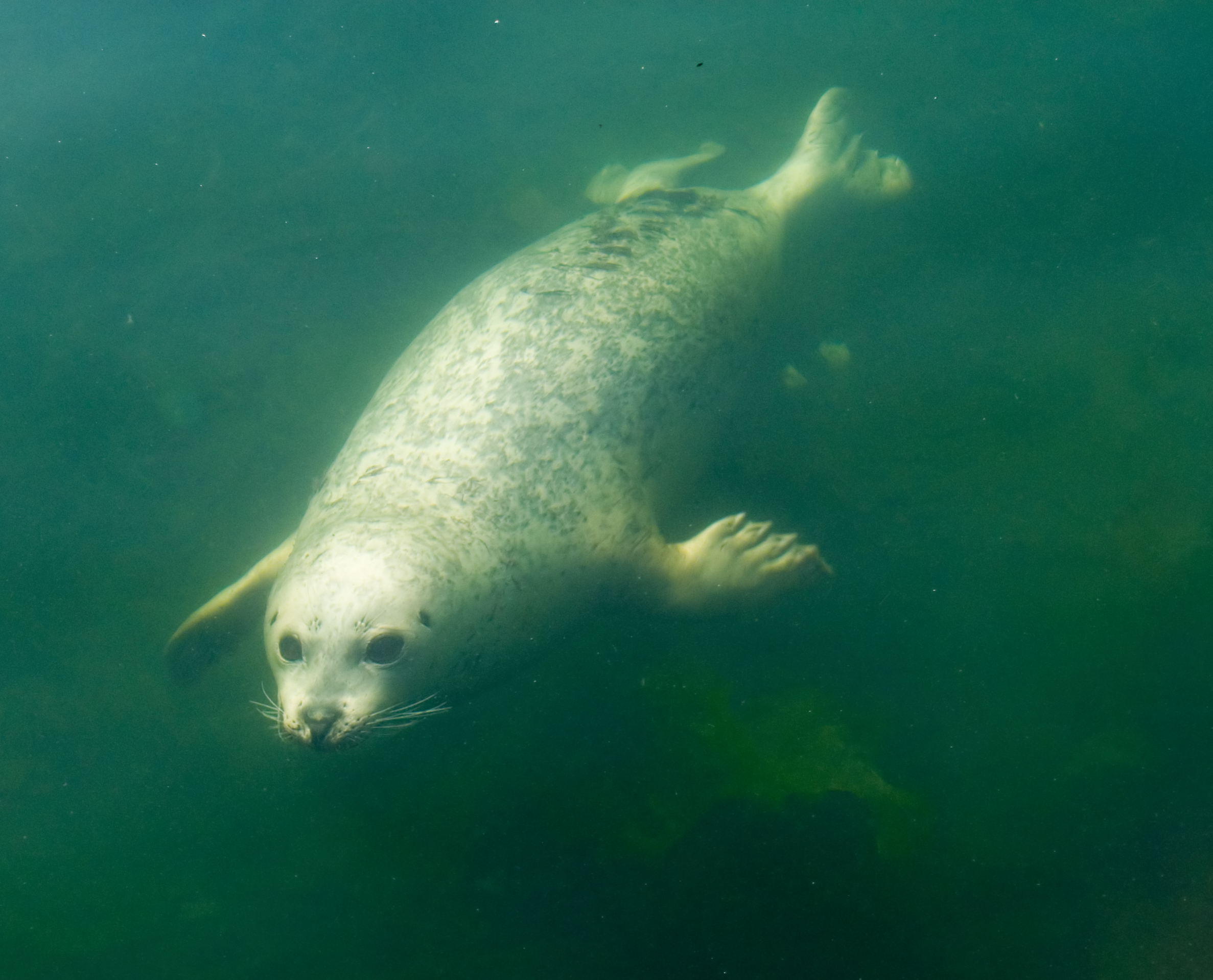Green starboard night light
Travelled fast that eve
Into Buzzard's Bay,
Past this isle,
And home -
New Bedford bound?
Travelled fast that eve
Into Buzzard's Bay,
Past this isle,
And home -
New Bedford bound?
I saw this from Cuttyhunk,
And marvelled at its speed.
And marvelled at its speed.
Whaling ships,
Fishing and freight ones too,
Sailed their ways home
Through these waters,
Slowly, steadily,
At times with rich cargo,
For more than a century
150 years' ago,
Until the fish ran out,
And electricity came in.
Fishing and freight ones too,
Sailed their ways home
Through these waters,
Slowly, steadily,
At times with rich cargo,
For more than a century
150 years' ago,
Until the fish ran out,
And electricity came in.
I pondered this from Cuttyhunk,
And wondered how
Harmoniousness among seafaring folks,
From all over the world,
Found flourishing and freedom,
In the fishing life
Of making a living from the sea.
Not always easy,
Life on the water has a code,
And fishermen's serenity
Can be solitary,
As captains of their own boat,
Or with the whole seafaring crew,
Celebrating a catch
as heads
on a well organized ship.
And wondered how
Harmoniousness among seafaring folks,
From all over the world,
Found flourishing and freedom,
In the fishing life
Of making a living from the sea.
Not always easy,
Life on the water has a code,
And fishermen's serenity
Can be solitary,
As captains of their own boat,
Or with the whole seafaring crew,
Celebrating a catch
as heads
on a well organized ship.
Cuttyhunk ~
Lands' end, this may mean in the
Wampanoag language ~
Is a fisherman's haven.
And now in summers,
It's a breath of fresh air
In the modern world,
With sailing and boating,
And connectedness of community
Among intergenerations
Of families and friends.
"Ships at a distance have every man's wish on board. For some they come in with the tide. For others they sail forever on the horizon, never out of sight, never landing until the Watcher turns his eyes away in resignation, his dreams mocked to death by time. That is the life of men" ... begins Zora Neale Hurston in "Their Eyes Were Watching God," wondrously.
What are our Cuttyhunk wishes,
which we may, yes, realize,
and as vision, thanks to the magi,
the summer air,
of this isle, when we land,
and that we have co-created -
both in our youths, and will do so ahead,
via connecting, creating and culture,
from the 1970s -
and in generating
a Cuttyhunk documentary film ahead,
with this code?
Lands' end, this may mean in the
Wampanoag language ~
Is a fisherman's haven.
And now in summers,
It's a breath of fresh air
In the modern world,
With sailing and boating,
And connectedness of community
Among intergenerations
Of families and friends.
"Ships at a distance have every man's wish on board. For some they come in with the tide. For others they sail forever on the horizon, never out of sight, never landing until the Watcher turns his eyes away in resignation, his dreams mocked to death by time. That is the life of men" ... begins Zora Neale Hurston in "Their Eyes Were Watching God," wondrously.
What are our Cuttyhunk wishes,
which we may, yes, realize,
and as vision, thanks to the magi,
the summer air,
of this isle, when we land,
and that we have co-created -
both in our youths, and will do so ahead,
via connecting, creating and culture,
from the 1970s -
and in generating
a Cuttyhunk documentary film ahead,
with this code?
The red port light I didn't see,
But the green starboard night light
Travelled fast that eve
Into Buzzard's Bay
And home ...
But the green starboard night light
Travelled fast that eve
Into Buzzard's Bay
And home ...
*
...


.jpg/220px-Cardinalis_cardinalis_-Columbus,_Ohio,_USA-male-8_(1).jpg)





















